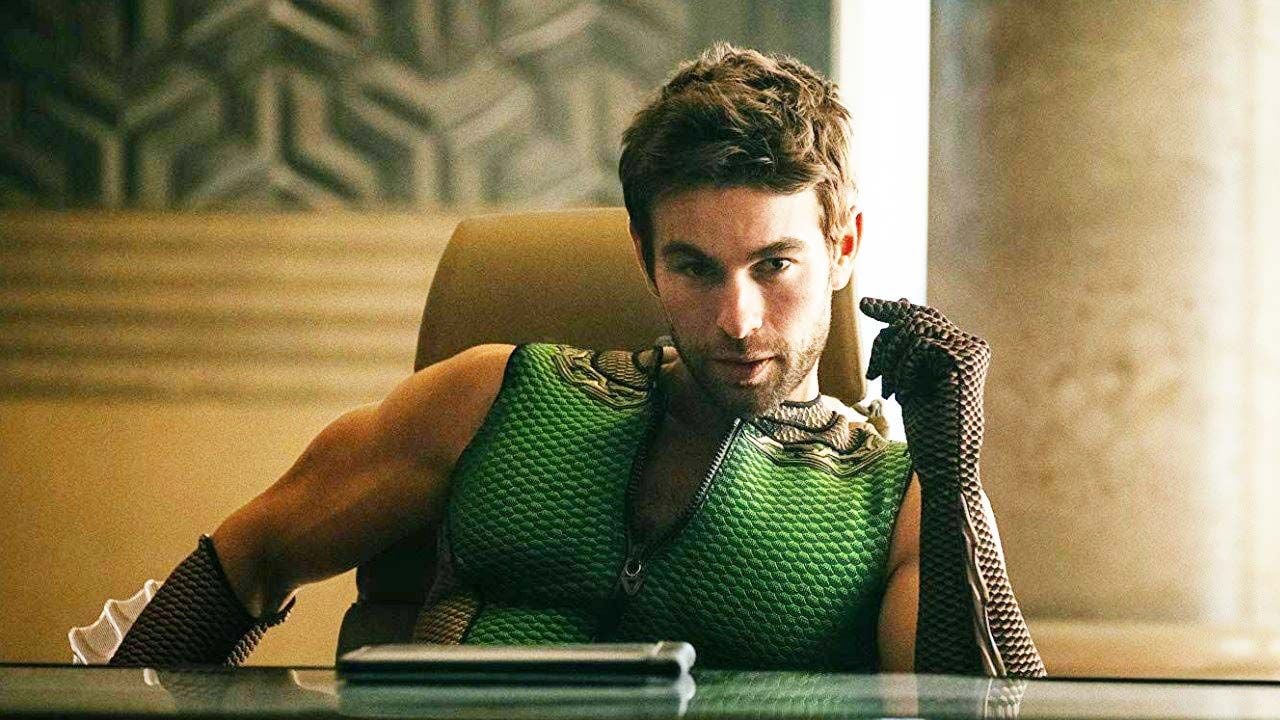A great investigative story
In 2022, Thierry de Peretti faces one of the biggest French legal scandals of the 21st century in Investigation into a state scandal. His film tells the true story of Libération journalist Emmanuel Fansten (Stéphane Vilner in the film, played by Pio Marmaï) and informant Hubert Avoine (Hubert Antoine in the film, played by Roschdy Zem), who together revealed facts that suggest the personal involvement of between 2010 and 2016, the great drug boss, François Thierry (Jacques Billard in the film, played by Vincent Lindon), involved in a vast international drug trafficking.
Investigation into a state scandal inspired by the book The infiltrator by Hubert Avoine and Emmanuel Fansten, published in 2017 and which recounts their investigation into the “François Thierry case”. But instead of making it a documentary film, Thierry de Peretti chose to make it one of fictionwhile respecting the history of The infiltrator. The choice of fiction allows you to accelerate the narrative, to make it “tender”, like thisInvestigation into a state scandal it happens how a thriller.
But this choice of fiction also serves another project of Thierry de Peretti: proposing a film about the construction of truth. That is, trying to understand why Hubert Avoine/Hubert Antoine, a former informant, decided to denounce François Thierry. Why Emmanuel Fansten/Stéphane Vilner decided to investigate and write a book, and also why François Thierry/Jacques Billard could have acted in this way. Who is telling the truth? Who is motivated by collective interest rather than self-interest?
How to understand the end of the film?
Investigation into a scandal the state ends with a sequence of defamation lawsuit brought by Jacques Billard against Stéphane Vilner and Libération, one year after the publication of The departure in 2017. At the end of the audience with the editorial director of Libération and Jacques Billard, the latter exchanges a few words with Stéphane Vilner. In essence, if the policeman can imagine that he has been “taken” by his main informant – the trafficker Sofiane Hambli, in the film Karim Fassi – then perhaps Stéphane Vilner was also “had” by Hubert Antoine…

This brief final exchange is decisive between the two men, especially since thenHubert Antoine has died before this defamation trial, and is therefore no longer there to provide his version of the facts, nor to know the outcome of the various judicial instructions initiated on the case.
Following this sequence, we find Stéphane Vilner in the editorial staff of Libération where he argues that this story continues to be covered on the pages of the newspaper. Then, in voice-over, we hear him tell who Hubert Antoine was and we understand that the journalist believes in the honesty of the informant’s approach and revelations. But a final sequence, a flashback, instills one last doubt In Investigation into a state scandal.
The empire of doubt
In fact we see in this last sequence Hubert Antoine, somewhere in Spain, on the terrace of what could be a brothel, before he goes down to get into a car that is probably part of a to go fast. The convoy leaves and Investigation into a state scandal ends with these images.
Even Hubert Antoine, involved as an informant in drug trafficking, a trafficker ? Did you denounce Jacques Billard out of a spirit of justice or to satisfy a personal revenge and experience his hour of glory?

We met Thierry de Peretti on the occasion of the cinema release ofInvestigation into a state scandal. Regarding his idea for his film, he stated:
There is also a criticism of media constructions and the society of the spectacle. What is more important is the question of history. Who says what? Is it Hubert Antoine who has things to prove, to demonstrate? Is it the character played by Pio Marmaï who connects the events and writes them, thus giving them meaning? (…) We all tend to think that what we hear or read is true, authentic, but there is always a political and narcissistic question, that of existing through the stories we formulate, the subjects we choose.
Source: Cine Serie
Ray Ortiz is a journalist at Gossipify, known for his coverage of trending news and current events. He is committed to providing readers with accurate and unbiased reporting, and is respected for his ability to keep readers informed on the latest news and issues.









